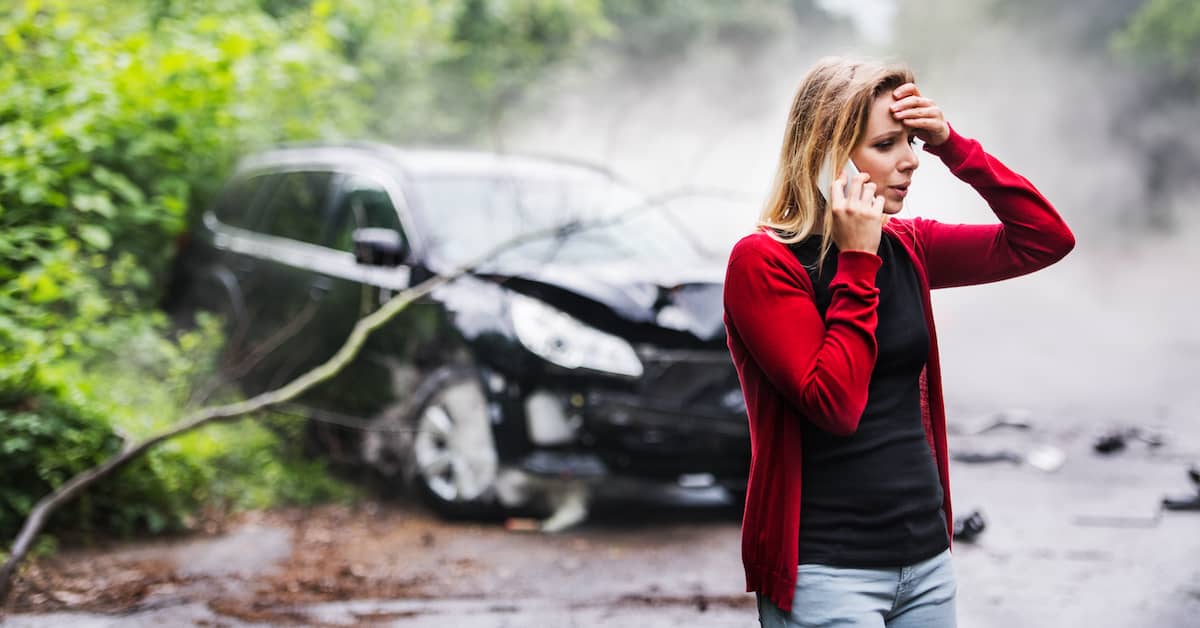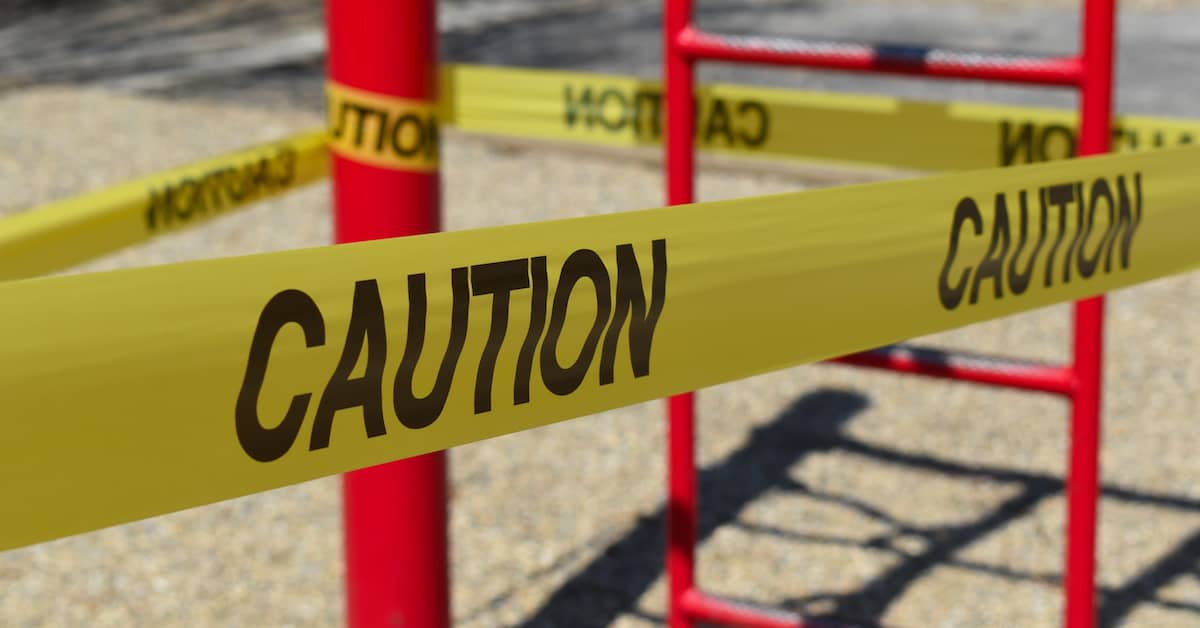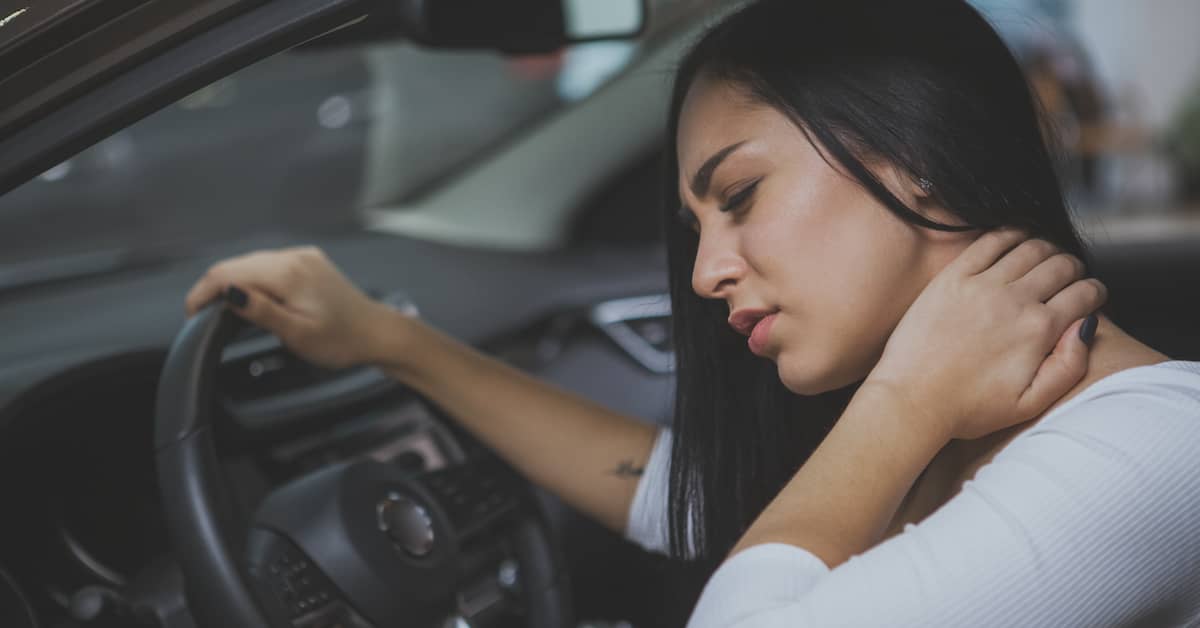What to Do After a Car Accident in Florida
After a car accident in Florida, you may ask yourself, “What do I do now?” A car accident can be a traumatic experience. Even when it’s a seemingly simple fender bender, it is easy to feel overwhelmed. If you or a passenger in your car is hurt—it can be a painful and complicated mess.
When you are in a car accident caused by the negligence of another, there are important steps you need to follow to protect yourself and begin building a strong claim for compensation. Our experienced car accident lawyers can help if you have been injured in a crash.
Call (407) 712-7300 today for a FREE consultation with the dedicated lawyers at Colling Gilbert Wright. We serve clients in Orlando and throughout Florida.
1. Always Be Prepared
The first step is one you should take well in advance of a potential wreck. Preparing an emergency kit will enable you to take action in the event of a car accident.
Your emergency kit should include the following:
- A cell phone to call 911
- An extra cell phone charger
- Paper and a pen or pencil to take notes
- A camera to photograph the scene (or you can use the camera on your smartphone)
- A card listing health issues, medications you take, and drug allergies
- Emergency contact information
- Insurance information
- A flashlight
- Emergency flares, traffic cones, and/or reflective triangles
- Fire extinguisher
- First aid kit
- Reflective safety vest in case you need to walk to get help
- Your car accident lawyer’s contact information
With the right tools at your disposal, you will be well-equipped to handle the challenges at the scene of a car accident in Florida. The following steps can help you stay safe and protect your legal rights.
2. Check Yourself and Your Passengers for Injuries
Car accidents can result in both apparent injuries and internal injuries. Before you do anything, it is crucial to look for any obvious trauma and take a moment to assess how you feel. If you notice bleeding, signs of a broken bone, or feel intense pain anywhere on your body, stay still and wait for help to arrive.
The same principle applies to any passengers in your vehicle. If you are not driving alone, you and the other occupants should check each other for injuries you may not be able to see on your own.
Your health should always be your priority. If you are injured and need immediate aid, call 911 or go to the nearest emergency room. If it is not urgent, still make an appointment with your primary care physician to assess your injuries.
3. Call 911
After a car accident in Florida, you likely won’t know how serious your injuries are. It is best to call for paramedics and the fire department to report to the scene. Emergency workers can get you out of the car safely and assess your injuries.
Florida Statute § 316.065 requires that the police are called to the scene of any accident involving injury or death, $500 or more in property damage, drunk driving, or a hit-and-run crash. If any of these factors apply in your accident (or even if you’re not sure), it is best to ask for a police officer to come to the scene.
Additionally, having a police report filed regarding your accident will strengthen your insurance claim. The law enforcement officer who arrives at the scene will usually be the one to file a report. If a law enforcement officer is not called to the scene, you will need to self-report the crash within 10 days of the accident. Filing a report ensures you have documentation should you need it later.
Read More: When Do You Need to Report Car Accidents in Florida?
4. Move Vehicles to Safety
If your vehicle is still operational and you can safely move it, getting it out of the road is best. The other driver(s) involved in the accident should do the same.
Staying on the road after an accident increases the risk of a secondary collision, which could result in additional injuries. If you can’t move your car, turn on your hazard lights and place road flares or safety markers to alert other drivers of the accident.
5. Exchange Information
After any motor vehicle accident, you need to gather information from the other driver(s) involved. Make a note of the following:
- Name and contact information for everyone involved (drivers and passengers)
- Driver’s license number for each driver
- Insurance information and policy number
- Vehicle identification number (VIN) for each vehicle
- License plate number for each vehicle
Luckily, nowadays, it is easy to snap photos of all these items with your cell phone.
Under Florida’s no-fault law, you will need to turn to your own insurance provider for compensation through your personal injury protection (PIP) policy. If you are seriously injured, however, you may be able to file a personal injury claim against the at-fault driver.
6. Document the Scene of the Car Accident
The accident site often holds a number of crucial details that will disappear in a short amount of time. While you are at the scene of the accident, take pictures and notes of the following:
- Your injuries
- The damage to the vehicles
- The environment around the scene, including the weather, time of day, traffic lights and road signs, etc.
- Road conditions
You’ll also want to speak to witnesses. Anyone who saw the accident take place may hold valuable information. However, they may not stay at the scene for long, and their memories of the event will fade with time.
Therefore, it is essential to interview witnesses when they are at the scene and when the details of the accident will be the most vivid. In addition to taking notes on what they saw, ask each witness for contact information so your lawyer can follow up with them as needed.
When you consult with a car accident lawyer, share your photos and notes. Your documentation of the scene may be a critical starting point for building your claim.
7. Give a Statement to the Police
In order to create a report of a car accident in Florida, the police officer will ask you to make a statement. Simply give the officer an account of what you saw, heard, and experienced just before and during the accident. Mention anything you may have noticed regarding the other driver’s negligence, such as if you saw them texting while driving, going too fast, etc.
The police report will document a wide range of details about the car accident. Do not admit fault at any point in this interview. Your lawyer will obtain a copy of the report on your behalf and thoroughly review it for information that may help your case.
8. Get Medical Attention
Although gathering what information you can from the scene of a car accident is important, your health and safety come first. The paramedics will assess your injuries, and they may treat you and release you at the scene. However, do not assume this is a “clean bill of health.”
Injuries after an accident aren’t always immediately apparent. If left untreated, they may become a medical emergency. To avoid serious complications, you should go to the emergency room once you leave the scene of the accident.
9. Contact a Car Accident Lawyer
You may be unsure what to do once you leave the accident scene and receive treatment for your injuries. You may be in pain, facing significant medical expenses, and unable to work. In addition, you are probably unaware of your legal rights and options.
For these reasons and more, contacting a car accident lawyer as soon as possible is important. An experienced attorney can review your case and advise you whether or not you can recover compensation through a fault-based claim against the other driver.
10. Report the Accident to Your Insurance Company
It is essential to report your accident to your insurance company promptly. Florida Statute § 95.11(3)(a) requires that you receive medical care within 14 days of the accident. You also need to file your PIP claim within this amount of time. Acting swiftly will lower the risk of complications with your injury claim.
We recommend obtaining an attorney before negotiating with your insurance company or accepting a settlement. The insurance company is more concerned with their bottom line than your well-being. An attorney is a skilled negotiator. If you accept a settlement offer and have second thoughts, you will not have recourse.
If you have doubts about receiving adequate compensation for the injuries you sustained or the income you lost as a result of a car accident, it’s advisable to reach out to a knowledgeable attorney. A lawyer can safeguard your eligibility for PIP benefits and ensure that all avenues for obtaining due compensation are thoroughly explored.
Frequently Asked Questions
What Am I Entitled to After a Car Accident in Florida?
In Florida, you may be entitled to a few forms of compensation depending on the circumstances of your case.
Personal Injury Protection (PIP)
Florida is a “no-fault” insurance state, meaning your own insurance policy will cover you to a certain extent, regardless of who caused the accident. According to the Florida Motor Vehicle No-Fault Law § 627.736(a)(b)&(c), PIP insurance covers 80% of your medical bills and 60% of your lost wages up to $10,000, provided you seek medical attention and report the accident within 14 days.
Property Damage Liability
If the other driver is at fault, their insurance should cover the damage to your vehicle.
Bodily Injury Liability
Serious injury is defined by § 5102(d) as dismemberment; disfigurement; fracture; permanent loss or limitation of use of an organ, member, function, or system; or a non-permanent injury or impairment which prevents the performance of daily activities for 90 days. If you have suffered this type of injury and your losses are beyond what PIP covers, you may be able to pursue a claim against the at-fault driver’s bodily injury liability (BIL) coverage.
Non-Economic Damages
In the case of severe injury, you may also be entitled to non-economic damages, such as “pain and suffering, mental anguish, and inconvenience because of bodily injury,” according to § 627.737(2).
Always consult with a qualified car accident attorney to understand your rights and ensure you receive the full compensation you’re entitled to.
What To Do After a Fender Bender in Florida?
Even if you were involved in a seemingly simple fender bender, following the steps outlined above is always best. Some car accident injuries can take days, even weeks to surface. Additionally, the other party or parties involved may attempt to blame you for the accident. Following these steps and hiring a car accident attorney ensures your health and rights are protected.
How Long Do You Have to Sue After a Car Accident in Florida?
The statute of limitations on personal injury claims for negligence in Florida is generally 4 years. However, exceptions to that rule exist, and acting quickly is always in your best interest.
Consulting an experienced car accident attorney ensures you do not miss any critical deadlines. In addition, collecting evidence and reporting to the appropriate entities will help bolster your claim.
Florida is a no-fault state, so PIP insurance will be your first resource for compensation. In cases of serious injury, you may have recourse to pursue a claim with the at-fault driver’s BIL or your own uninsured/underinsured motorist policy. You may be able to file a lawsuit against the at-fault driver or a third party in certain instances.
The complex nature of car accident claims can add more stress to your already devastating situation. Consult a dedicated attorney who can guide you through the process.
Read More: How Do You Recover Compensation for a Car Accident Injury?
Will My Insurance Go Up If the Accident Wasn’t My Fault?
Under Florida Statute § 626.9541(o)(3a), insurance companies are not allowed to raise premiums or cancel a policy “unless the insurer’s file contains information from which the insurer in good faith determines that the insured was substantially at fault in the accident.” Simply put, your premiums should not go up if you were not at fault.
However, it’s essential to know that insurance companies evaluate many factors when determining your insurance premium. These factors include your overall driving record, the type of car you drive, your location, and more. Therefore, even if your rates don’t go up after a not-at-fault accident, other factors could cause an increase in your insurance premiums.
If you suspect your insurance company has unlawfully raised your premiums, you want to ask for their reasons and discuss them with your car accident attorney. Insurance companies have been known to do what it takes to improve their bottom line.
What Is the 14-Day Accident Law in Florida?
The 14-day accident law in Florida refers to the legal requirement for an individual to seek medical treatment within 14 days of a car accident if they intend to use their PIP insurance benefits. This law is part of the Florida Motor Vehicle No-Fault Law and is a critical stipulation for accident victims to note.
Under this law, if you fail to seek medical attention within the two-week window, you may forfeit your PIP benefits, which can cover up to $10,000 in medical expenses and lost wages. The treatment must be initiated by a qualified medical professional, such as a medical doctor, dentist, or a hospital or facility owned by a hospital.
Furthermore, to qualify for the full $10,000 PIP benefit, a qualified healthcare professional must diagnose you with an “Emergency Medical Condition” (EMC). Without an EMC diagnosis, PIP benefits may be limited to $2,500.
This 14-day rule underlines the importance of seeking immediate medical attention after a car accident, not only to ensure your physical wellbeing but also to secure potential PIP insurance benefits.
How Colling Gilbert Wright Can Help
Our lawyers have extensive experience representing clients who have been seriously injured or lost loved ones in car accidents in Florida. We are widely respected for the results we achieve and the ethical, professional, and personal service each member of our team provides.
For a FREE case review, contact Colling Gilbert Wright today. We will evaluate your claim to ensure you are pursuing the compensation you deserve for your injuries. Our car accident lawyers serve clients in Orlando and all of Florida.

 (407) 712-7300
(407) 712-7300
































